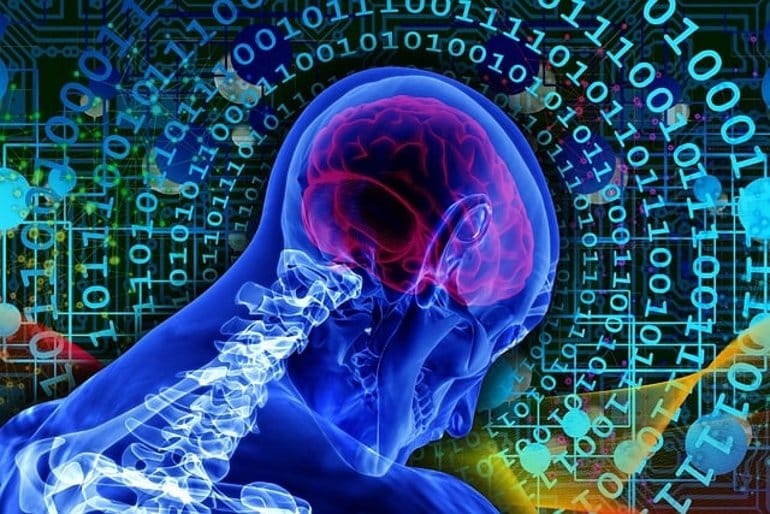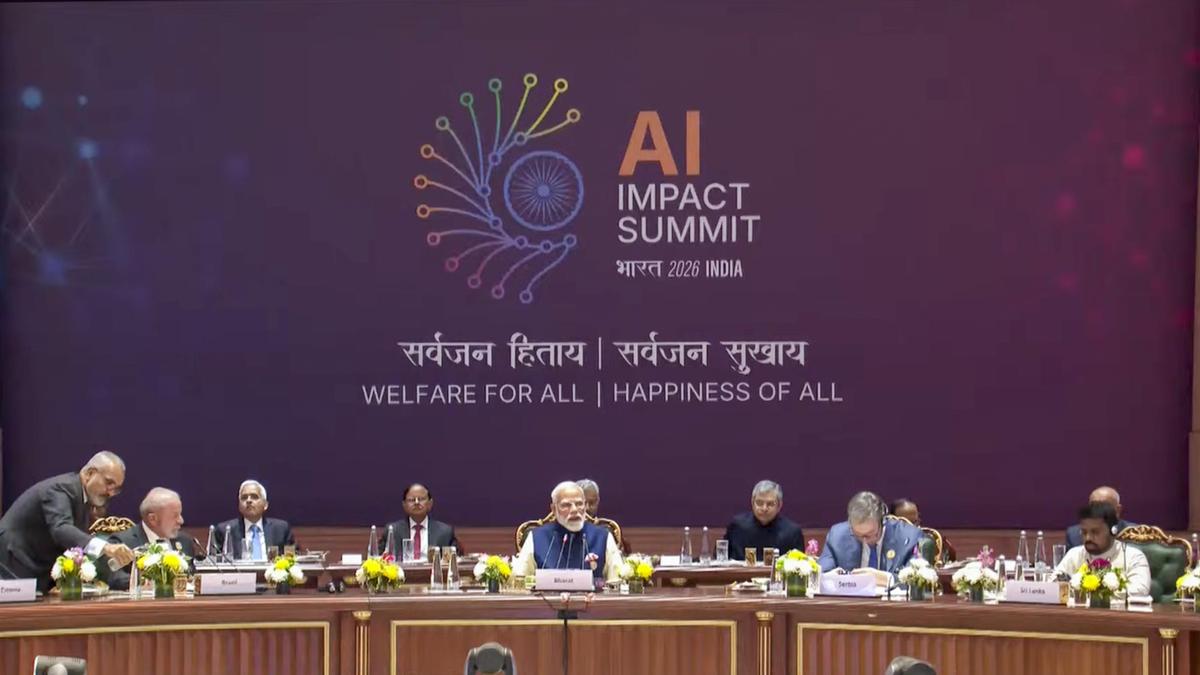What’s in today’s article?
- Why in News?
- What is the Premise of this Bio-computer Technology?
- What is the new ‘Bio-computer’?
- What are the Opportunities for ‘Bio-computers’?
- Are ‘Bio-computers’ Ready for Commercial Use?
Why in News?
- Scientists at Johns Hopkins University (JHU) recently outlined a plan for a potentially revolutionary new area of research called “organoid intelligence”, which aims to create “biocomputers”.
What is the Premise of this Bio-computer Technology?
- Traditionally, researchers have used rat brains to investigate various human neurological disorders.
- However, there are several differences in structure, function and cognitive capacities of rodents and humans.
- In a quest to develop systems that are more relevant to humans, scientists are building 3D cultures of brain tissue in the lab, also called brain organoids.
- These “mini-brains”, built using human stem cells, however, have certain limitations –
- No input sensory inputs (touch, smell, vision, etc.)/output connection
- No blood circulation
- When inserted in a rat shows different behavioural interpretation
What is the new ‘Bio-computer’?
- The JHU researchers’ scheme will combine brain organoids (with multiple electrodes similar to those used to take EEG readings from the brain) with modern computing methods (machine learning) to create “bio-computers”.
- These brain cultures (organoids) grown in the lab are coupled to real-world sensors and input/output devices to develop into the complex organ.
- The scientists were able to grow human neurons on top of a microelectrode array that could both record and stimulate these neurons.
Image Caption: About Bio-computer
What are the Opportunities for ‘Bio-computers’?
- While human brains are slower than computers (say, simple arithmetic), they outshine machines at processing complex information.
- Comparing the data on brain structure, connections, and signalling between ‘healthy’ and ‘patient-derived’ organoids can reveal the biological basis of human cognition, learning, and memory.
- They could also help decode the pathology of and drug development for devastating neurodevelopmental and degenerative diseases such as Parkinson’s disease.
Are ‘Bio-computers’ Ready for Commercial Use?
- Currently, brain organoids have a diameter of less than 1 mm and have fewer than 100,000 cells, which make it roughly three-millionth the size of an actual human brain.
- So scaling up the brain organoid is key to improving its computing capacity.
- Researchers will also have to develop microfluidic systems to transport oxygen and nutrients, and remove waste products.
- They will also need to develop and use advanced analytical techniques to correlate the structural and functional changes in the brain organoids to the various output variables.
- The first, very-primitive forms of learning are already around, and the challenge is now to establish long-term memory, which may take more time.
- There is also a proposal to have an ethics team to parallelly identify, discuss, and analyse ethical issues as they arise in the course of this work.
Q1) What is the significance of creating a bio-computer?
Bio-computers are created by combining brain organoids with modern computing methods (machine learning) to create “bio-computers”. They can reveal the biological basis of human cognition, learning, and memory and could also help decode diseases such as Parkinson’s disease
Source: Explained | What are ‘bio-computers’ and what can they tell us about the human brain?
Last updated on February, 2026
→ UPSC Notification 2026 is now out on the official website at upsconline.nic.in.
→ UPSC IFoS Notification 2026 is now out on the official website at upsconline.nic.in.
→ UPSC Calendar 2026 has been released.
→ UPSC Final Result 2025 is expected to be released in the second week of April 2026.
→ Check out the latest UPSC Syllabus 2026 here.
→ Join Vajiram & Ravi’s Interview Guidance Programme for expert help to crack your final UPSC stage.
→ UPSC Mains Result 2025 is now out.
→ UPSC Prelims 2026 will be conducted on 24th May, 2026 & UPSC Mains 2026 will be conducted on 21st August 2026.
→ The UPSC Selection Process is of 3 stages-Prelims, Mains and Interview.
→ Prepare effectively with Vajiram & Ravi’s UPSC Prelims Test Series 2026 featuring full-length mock tests, detailed solutions, and performance analysis.
→ Enroll in Vajiram & Ravi’s UPSC Mains Test Series 2026 for structured answer writing practice, expert evaluation, and exam-oriented feedback.
→ Join Vajiram & Ravi’s Best UPSC Mentorship Program for personalized guidance, strategy planning, and one-to-one support from experienced mentors.
→ Check UPSC Marksheet 2024 Here.
→ UPSC Toppers List 2024 is released now. Shakti Dubey is UPSC AIR 1 2024 Topper.
→ Also check Best UPSC Coaching in India




















